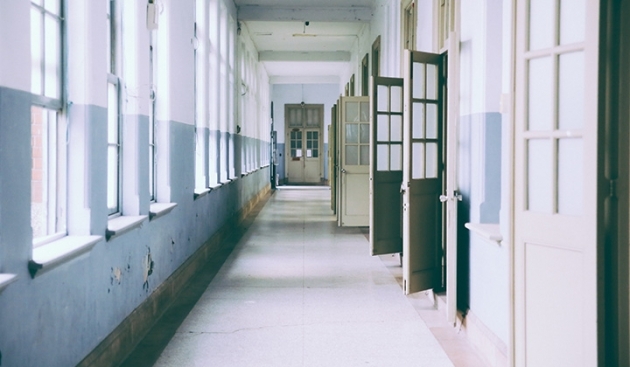The South African education system is made up of three different types of schools: independent or private; public or government; and Model C schools. Let’s look at the 3 models.
In 2012, the South African Department of Education released findings of an alarming number of unregistered schools across all provinces. The law states that all schools (public and independent) must be registered with the Department of Basic Education at national and provincial level. Registration grants the applicant school legal authority to offer basic education and enables it to operate within the law. With nearly 26 000 illegitimate educational institutions identified, the government department prioritized on curbing the practice. The problem still persists, though much has been done to create public awareness of the problem. Hefty fines have been implemented, legislation amended, schools closed and perpetrators have been jailed for creating these bogus schools, which essentially defraud and forge the certificates/qualifications of illegally trained students.
The law is South Africa states that a child can go to school at 5 years old, providing they turn 6 by the end of June in grade one. If you feel your child is not yet ready for school, you are allowed to admit them at an older age – five turning six for grade 0, and six turning seven for grade 1. But it is compulsory for all children to enter school in the year they turn 7.
The South African education system is made up of three different types of schools: independent or private; public or government; and Model C, or Former Model C schools. Private education is more expensive than public education – but can offer remarkably high standards of education. Model C schools are government schools and are administered and largely funded by the parent body. Some of the country’s best schools also fall into this category, and fees are somewhere between private and government rates.




